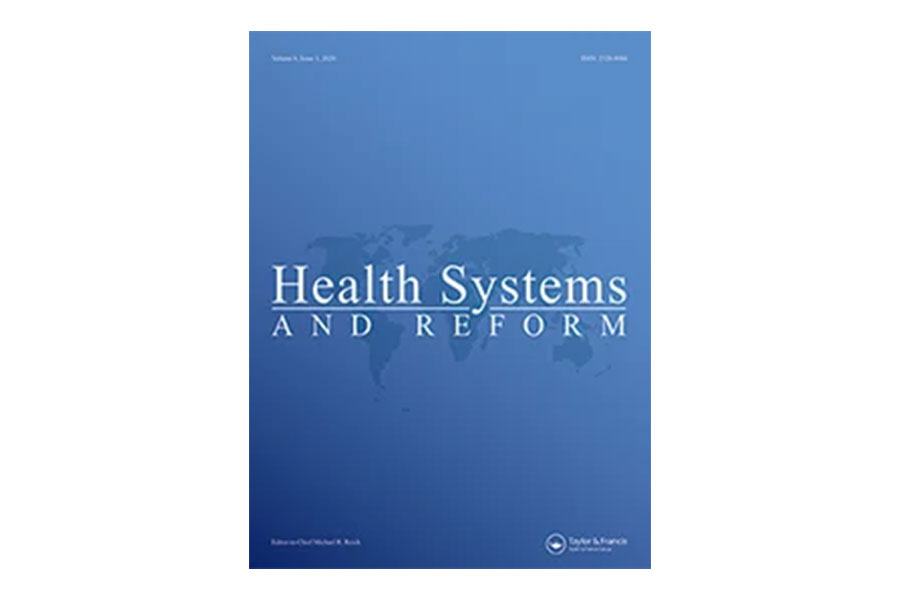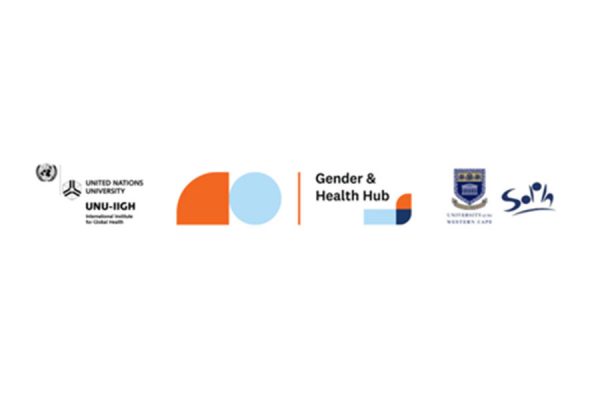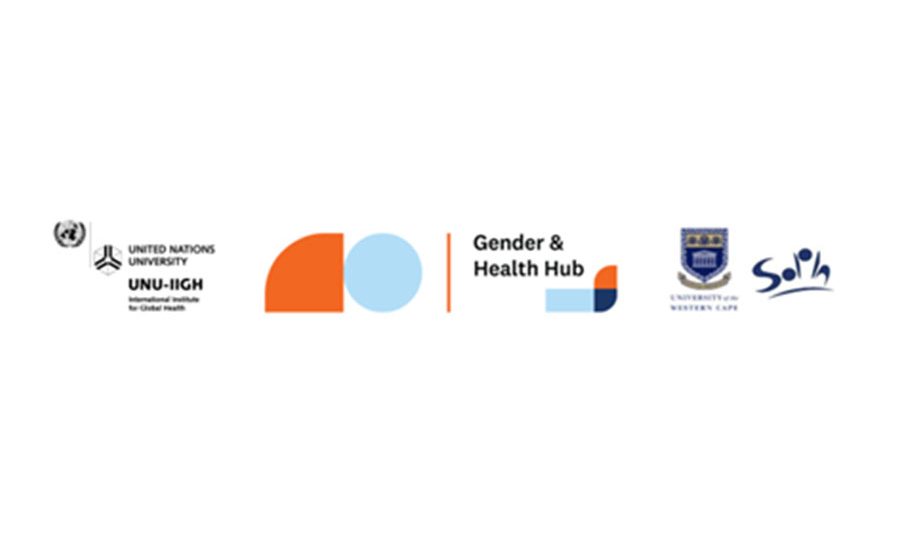
District Governance and Improved Maternal, Neonatal and Child Health in South Africa: Pathways of Change
8 June 2022Interventions to Improve Treatment Outcomes among Adolescents on Antiretroviral Therapy with Unsuppressed Viral Loads: A Systematic Review
10 June 2022
Gender and COVID-19 Global Research Agenda: Priorities and Recommendations
Calls for greater recognition of and attention to the influence of sex and gender on health have been longstanding, and the need for this has only been amplified by the COVID-19 pandemic. Apart from the direct effects of biological sex and socially-constructed gender differences on COVID-19 morbidity and mortality – with higher rates of severe disease and deaths among men, pandemic responses have also amplified existing gender inequalities, with women bearing the heaviest burden of the indirect health and socio-economic consequences.
The interactions between sex, gender and COVID-19 are complex and evolving, and further shaped and influenced by context and the intersecting influence of other social determinants and/or identities (such as race, ethnicity, LGBTQIA or migrant status, etc.), which have exacerbated the devastating health impacts for specific women, men and gender-diverse people. Recognising both the urgency of integrating sex and gender into COVID-19 research, and the roadblocks in the way of achieving this, the United Nations University International Institute for Global Health (UNU-IIGH) and the School of Public Health at the University of the Western Cape co- convened a collaborative gender and COVID-19 research agenda-setting exercise.

